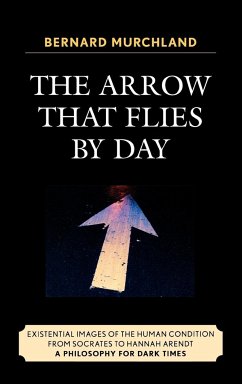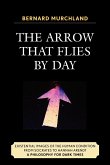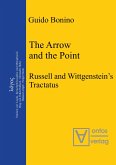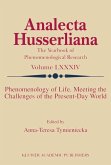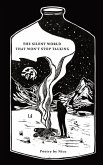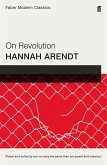This study contends that existentialism is the perennial philosophy thus going against the assumption that it is a school of more recent provenance. Anthologies or introductory texts used begin with Kierkegaard (the so-called father of existentialism) and go on to emphasize Nietzsche, Sartre, and Heidegger. This book reflects a more catholic mapping, including three thinkers from the classical period (Socrates, Augustine, and the Stoics), who are argued to be just as 'existential' as more modern thinkers (who are also treated) and indeed influence the latter in important ways. Also included are three Americans (Thoreau, James, and Hannah Arendt) who are rarely considered existentialists. Furthermore, the book has a pedagogical emphasis, reflecting students' points-of-view: what they learn, how they react, questions they have, and how in general existentialism meets their education needs and expectations. It is, therefore, necessarily interdisciplinary in character, pointing out implications of existentialism for education, concerns like happiness, war and peace, democracy, sexuality, and terrorism.
Hinweis: Dieser Artikel kann nur an eine deutsche Lieferadresse ausgeliefert werden.
Hinweis: Dieser Artikel kann nur an eine deutsche Lieferadresse ausgeliefert werden.

